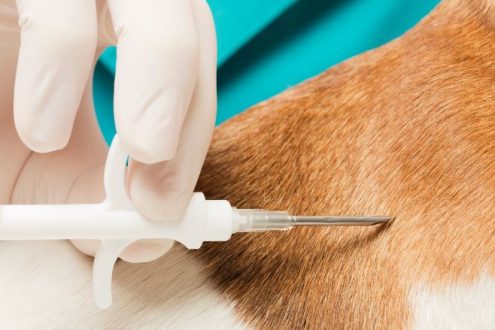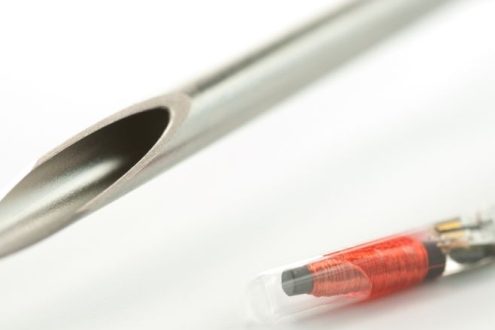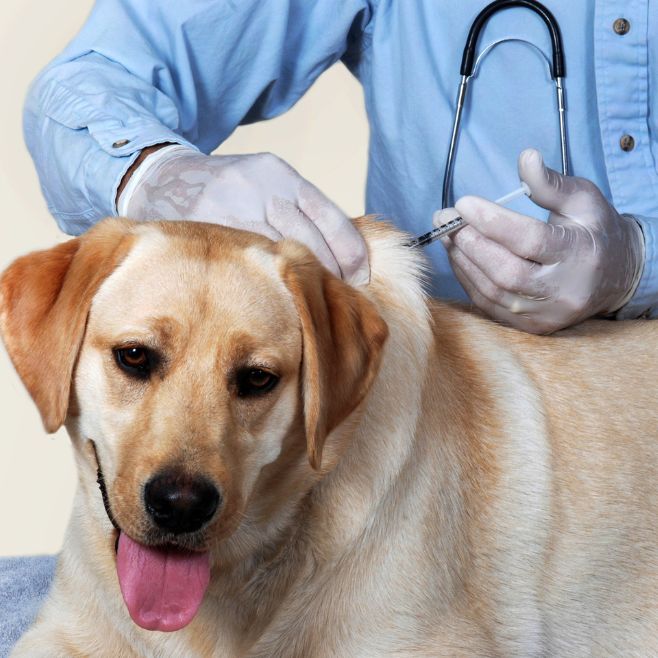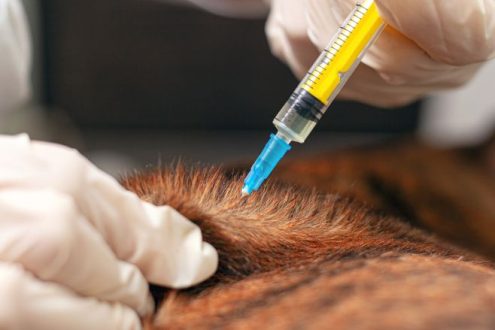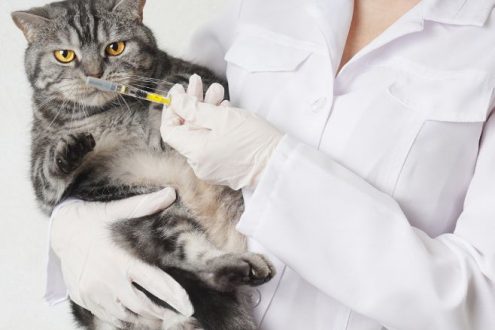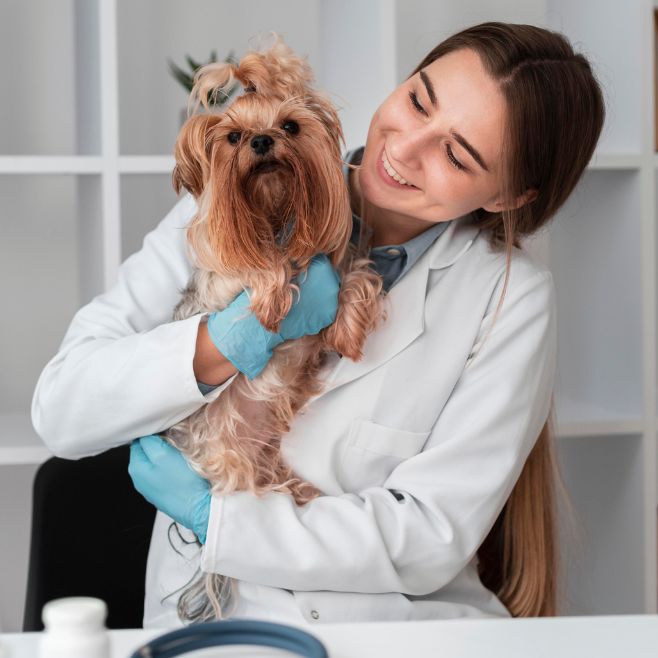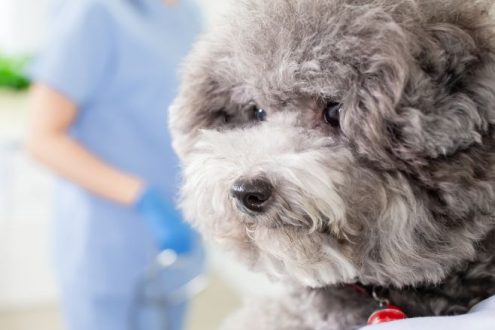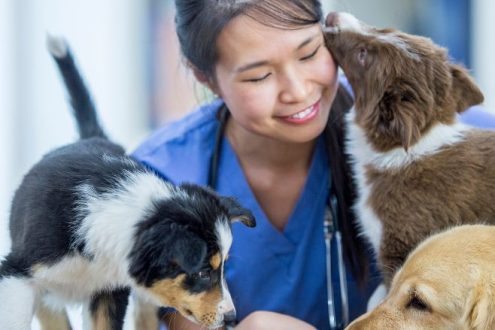Destacado
Surgery for Pets: What You Need to Know Before Your Furry Friend Goes Under the Knife
Surgery is a common medical procedure for pets, whether it be a routine spay or neuter or a more complex procedure to treat a health condition. In this article, we’ll discuss what you need to know before your pet undergoes surgery and how to care for them during their recovery.
Trusted Team
Peace of mind
We love pets
Convenience
Preparing for Surgery
Before your pet undergoes surgery, there are several things you can do to prepare:
Follow your veterinarian’s instructions: Your veterinarian will provide you with specific instructions on how to prepare your pet for surgery, including any dietary restrictions or medications they may need to take.
Fast your pet: Your pet may need to fast for a period of time before surgery to prevent vomiting or aspiration during the procedure. Follow your veterinarian’s instructions on how long to fast your pet.
Ask questions: If you have any questions or concerns about the surgery, be sure to ask your veterinarian. They can provide you with the information and support you need to feel comfortable and confident about the procedure.
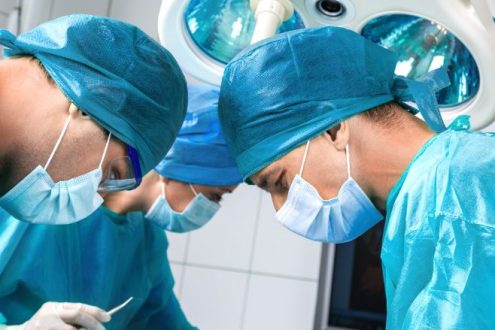
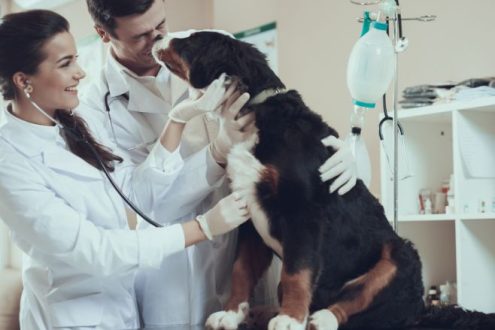
Caring for Your Pet During Recovery
After surgery, your pet will need time to recover. Here are some tips on how to care for your furry friend during this time:
Follow your veterinarian’s instructions: Your veterinarian will provide you with specific instructions on how to care for your pet during their recovery, including any medications they may need to take and restrictions on exercise or activity.
Provide a comfortable recovery space: Create a comfortable and quiet recovery space for your pet, away from other pets and household activity.
Monitor for signs of complications: Keep an eye out for any signs of complications, such as bleeding, infection, or difficulty breathing. Contact your veterinarian immediately if you notice any of these signs.



